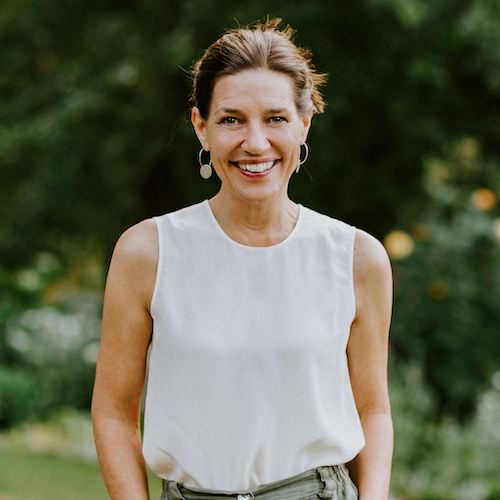
In one of the opening chapters of Russ Harris’ new book The Reality Slap he asks the following questions ‘Who is the one human being in your life who can always be there for you, in any moment, no matter what?’ and ‘Who is the one human being who can understand, validate and empathise with your pain, better than anyone else on the planet?’
That person is you.
It’s rare that we treat ourselves with such compassion. Because our brains have such a strong negative bias, we tend to focus mostly on the things we’re not doing well.
Here are 8 simple ways that you can be kind to yourself:
1. Treat your body like a luxury car
If you’ve ever been lucky enough to drive a beautiful car, chances are you took great care of it. There’s nothing more precious than your own physical wellbeing so learn to treat your body with the utmost care. Eat quality food, in just the right quantities, and maintain your good health with regular exercise and other things that fill your soul.
2. Be your own best friend – give up self-criticism
Spend an hour or two paying attention to that little voice inside your head (it’s the one we call the ‘inner critic’). That voice can be pretty vicious at times. Learn to also develop a stronger ‘inner ally’ – the opposing force that can be your greatest supporter. Just as you would treat a friend kindly when things aren’t going well, your inner ally is the one who says ‘don’t be so hard on yourself, you’re doing okay’.
3. Discover your strengths
Positive Psychology recommends that we focus on all of the things we’re naturally good at, rather than worrying too much about weaknesses. Ask your friends and colleagues what they believe your natural strengths are. Often these are things you take for granted. Learn to engage your strengths as often as you can both at work and in your personal life.
4. Stop comparing yourself to others
When your closest girlfriend books a flight to the Maldives, your weekend in Daylesford suddenly seems a bit pitiful. All of the outward measures of success that we concern ourselves with aren’t true reflections of how happy we are deep inside. Identify your own personal values (the real ones, not what you think others expect from you) and live your life according to those. Forget about making comparisons to others. There will always be someone with more than you – wish them well, let them inspire you to greatness but remember to appreciate the small things that are going well in your life.
5. Celebrate what you have achieved
How often do you stop to reflect on how far you’ve already come, rather than thinking about all that there is still to be done? Put aside five minutes to write down some of the things you’re proud of achieving in the past five years. Include even small milestones such as ‘I worry less about what people think’.
6. Forgive yourself
Generally speaking we can still remember embarrassing things we said ten years ago – but we forget about the times we made a friend laugh or listened with compassion during a crisis. There’s not a thing you can do to change what’s already happened in your life but you can make a choice to move on and stop reliving memories that no longer serve you.
7. Embrace imperfection
We spend so much of our time thinking ‘I’ll be happy when’ (I’ve lost 5kg; I get a promotion etc.) that we often forget to be happy right now. In her beautiful TED talk, Brene Brown finishes with a line that reaches to the heart of self-love. Let us imagine, she suggests, that we are ‘enough’ despite all of things we haven’t yet achieved.
8. Bring yourself into the present
Learning the art of mindfulness means bringing yourself fully into the present moment. Learn to immerse yourself in small pleasures. Savour a quiet coffee; sit outside in the sunshine; soak in the bath in candlelight; tuck into bed early with a book and treasure your crisp clean sheets. Small moments of pleasure will help you to remember to savour what you’ve already got and be grateful for everything you are.
We would be delighted for you to reproduce our articles as long as they remain intact and contain the author’s details as follows: ‘Kate James is a coach, speaker and writer. She works with people who want to live confident, creative lives. Kate can be contacted at totalbalance.com.au.’

